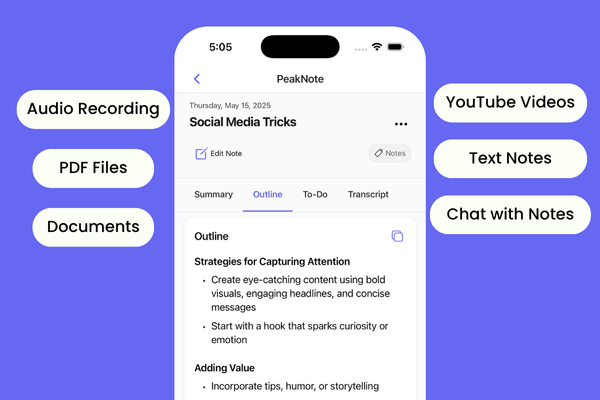JavaScript is a programming language that is used to create interactive effects on websites. It is one of the most popular programming languages in the world and has been used to create some of the most popular websites like Facebook, Twitter, Gmail, and YouTube.
This article will help you prepare for JavaScript Interview Questions with Answers.
1. What is the difference between localStorage and sessionStorage()?
localStorage is a storage mechanism that is saved in the browser's local storage. It stores data for the current website and can be accessed later and in multiple sessions.
sessionStorage is a different storage mechanism that is saved in the browser's session storage. It stores data only for the current website session, which means that it won't be accessible after closing the browser or the next session.
2. What is the difference between functions and methods?
The major difference between methods and functions in JavaScript is that methods are called on objects while functions are not.
Methods are called on objects with a dot operator while functions are called using parentheses.
The method accepts arguments through an object parameter, and the function accepts arguments through a parenthesis parameter.
3. Why “use strict” is used in JavaScript?
'Use strict' is used in JavaScript to make sure that your code is written correctly.
Strict mode enforces the following rules:
- Variables must be declared before they are used
- All comparisons must be done between literal values
- No function calls can be made until the function has been defined.
This helps to catch errors early on in the development process and keeps your code more organized.
4. What is memorization?
Memoization is a storage technique that is designed to speed up computer programs.
A program memorizes the output of an expensive function, so if it requires this output again, it will not have to run that function again but instead just call its stored value.
Memoization in JavaScript depends on a combination of two concepts :
- Closures
- Higher order functions
5. What is the hoisting in JavaScript?
Hoisting simply means that all declarations are lifted to the top of the scope, which may have them declared before or after another code.
This means that even if you declare your variable after some other code, it will be available at the top of that scope - making it accessible outside of its original location.
For example, consider the following code:
function printNumber(num)
{
console.log("Number: "+num);
}
printNumber(number); //Output: Number:undefined
var number = 10;
printNumber(number); //Output: Number:10
In this code, we called printNumber function with the number variable before its declaration.
However, because of hoisting, the declaration of the number variable is processed before the code is executed, so the console.log statement prints undefined rather than causing an error.
Note that hoisting only affects declarations, not assignments. This means that the value of a variable is not initialized until the code is executed, even if the declaration of the variable has been hoisted to the top of the scope.
6. What is the scope?
Scope refers to the current context of code execution. Scope determines the visibility and lifetime of variables and functions. JavaScript has two types of scope: global scope and local scope.
Global scope addresses the context in which all code is executed. Variables and functions declared in the global scope are available to all parts of your code
Local scope is the context limited to a function. Variables and functions inside a function are only visible and accessible within that function, making them invisible outside of it.
7. What is the scope of the let variable?
The scope of a let variable is the block in which it is defined. In other words, the let keyword will reserve a block of memory for the variable and it will only be accessible from within that block.
If you want to access the let variable from outside of its block, you will need to use the var keyword.
Do you want all Front-End Interview Questions and Answers?

